
Read or listen offline
Recommendation
This excellent, thought-provoking analysis covers a widespread but little studied shift in the way the world works. The advance of international communications, technology, economics and finance networks has had an unmistakable effect on business and industry. The ways states function has also changed - shifting the operation of the world order. Author Anne-Marie Slaughter, dean of Princeton University’s Woodrow Wilson School of Public and International Affairs, is on expert ground. She asserts that networks of financiers, regulators, judges and even legislators can solve problems that would be intractable if left only to traditional states and familiar international organizations. She provides many examples of such networks, notes the criticism against them and suggests norms to govern their conduct. Her book is not light reading. Readers need some familiarity with international organizations and institutions (sometimes cited by unexplained acronyms), but getAbstract.com highly recommends this book to sophisticated observers of international policy.
Summary
About the Author
Anne-Marie Slaughter is dean of the Woodrow Wilson School of Public and International Affairs at Princeton University and the current president of the American Society of International Law.








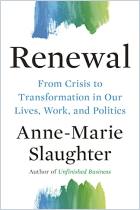
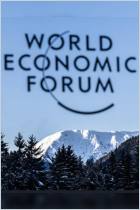
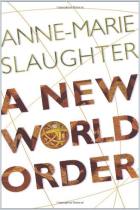
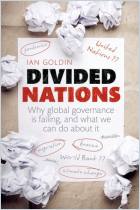
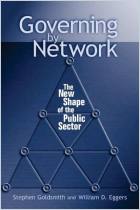

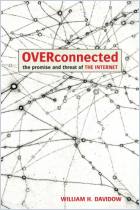
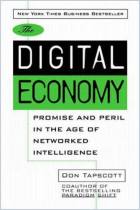






Comment on this summary or Comenzar discusión